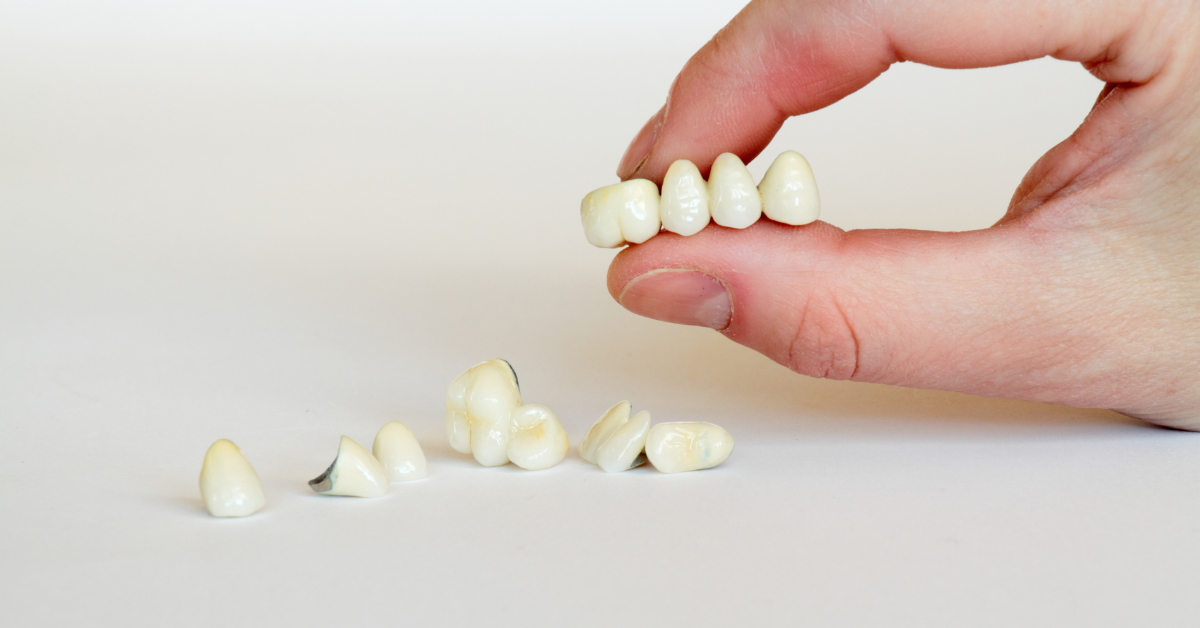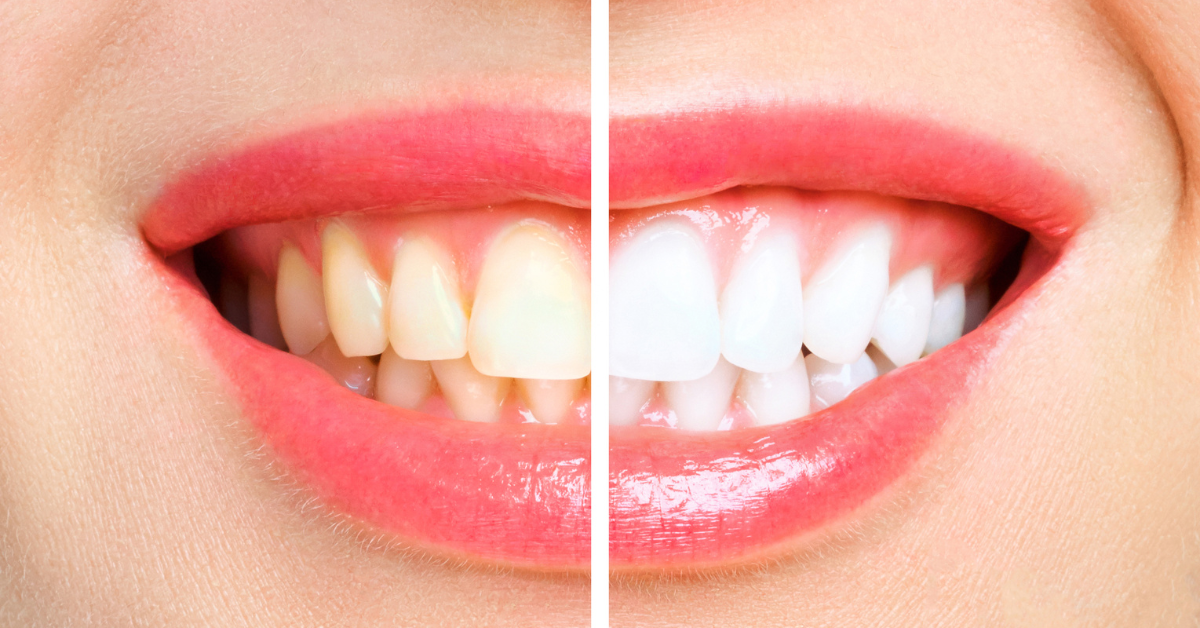A dental bridge is a fixed dental restoration that replaces one or more missing teeth by joining an artificial tooth definitively to adjacent teeth or dental implants.
Why would I need a dental bridge?
There are many reasons why you might need a dental bridge. Some of the most common reasons include:
- To replace missing teeth: Missing teeth can make it difficult to eat, speak, and smile. A dental bridge can help to restore the function and appearance of your smile.
- To prevent teeth from shifting: When you have a missing tooth, the teeth on either side of the gap can start to shift. This can lead to problems with your bite and can make it more difficult to clean your teeth. A dental bridge can help to prevent your teeth from shifting.
- To improve your overall oral health: Missing teeth can also make it more difficult to keep your gums healthy. A dental bridge can help to improve your oral health by keeping your gums clean and healthy.
How does a dental bridge work?
A dental bridge consists of an artificial tooth, also known as a pontic, which is attached to two or more dental crowns. The crowns are placed on the teeth on either side of the gap, and they support the pontic.
What are the different types of dental bridges?
There are several different types of dental bridges, including:
-
Traditional fixed bridges: These are the most common type of dental bridge. They are made of porcelain or metal, and they are permanently attached to the adjacent teeth.
-
Maryland bonded bridges: These bridges are made of porcelain or metal and are bonded to the back of the adjacent teeth with metal or resin wings.
-
Cantilever bridges: These bridges are used when there is only one tooth on either side of the gap. They are not as common as traditional fixed bridges, but they may be an option if there is not enough bone support for an implant.
-
Implant-supported bridges: These bridges are supported by dental implants, which are surgically inserted into the jawbone. They are the most durable and stable type of bridge.
What are the benefits of dental bridges?
There are many benefits to dental bridges, including:
- They can restore the function and appearance of your smile.
- They can prevent teeth from shifting.
- They can improve your overall oral health.
- They are a durable and long-lasting solution.
What are the risks of dental bridges?
There are a few risks associated with dental bridges, including:
- Tooth decay: If the crowns are not properly cared for, they can decay.
- Gum disease: If the gums around the bridge are not properly cared for, they can become infected.
- Abutment tooth failure: The teeth that support the bridge can sometimes fail, which can cause the bridge to fail.
How can I care for my dental bridge?
To care for your dental bridge, you should:
- Brush your teeth twice a day and floss once a day.
- Use a mouthwash to help remove plaque and bacteria.
- See your dentist for regular checkups and cleanings.
How long do dental bridges last?
With proper care, dental bridges can last for many years. However, they may eventually need to be replaced due to wear and tear, or if the teeth that support the bridge fail.
Conclusion
Dental bridges are a versatile and effective treatment for missing teeth. They can restore the function, appearance, and strength of your teeth, and they can help you to maintain a healthy and confident smile. Please find the dental office near you in these locations: Attleboro, Chelmsford, Hyde Park, Jamaica Plain, Lynn, Manchester, Methuen, Roslindale, Taunton.




